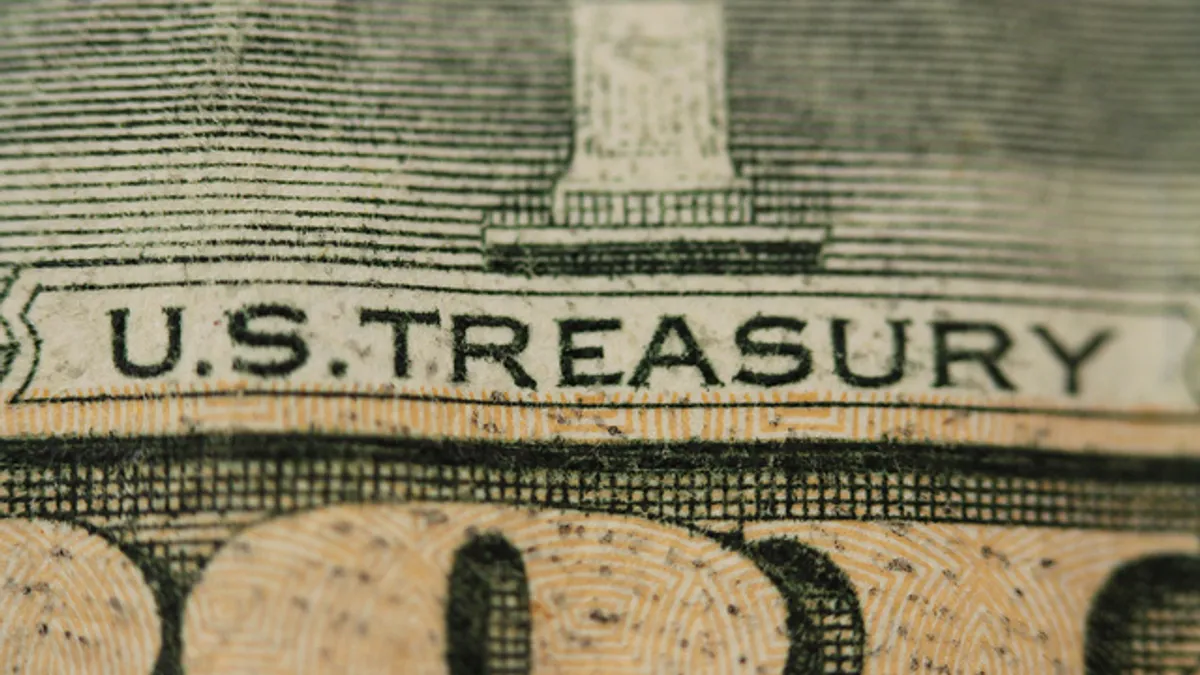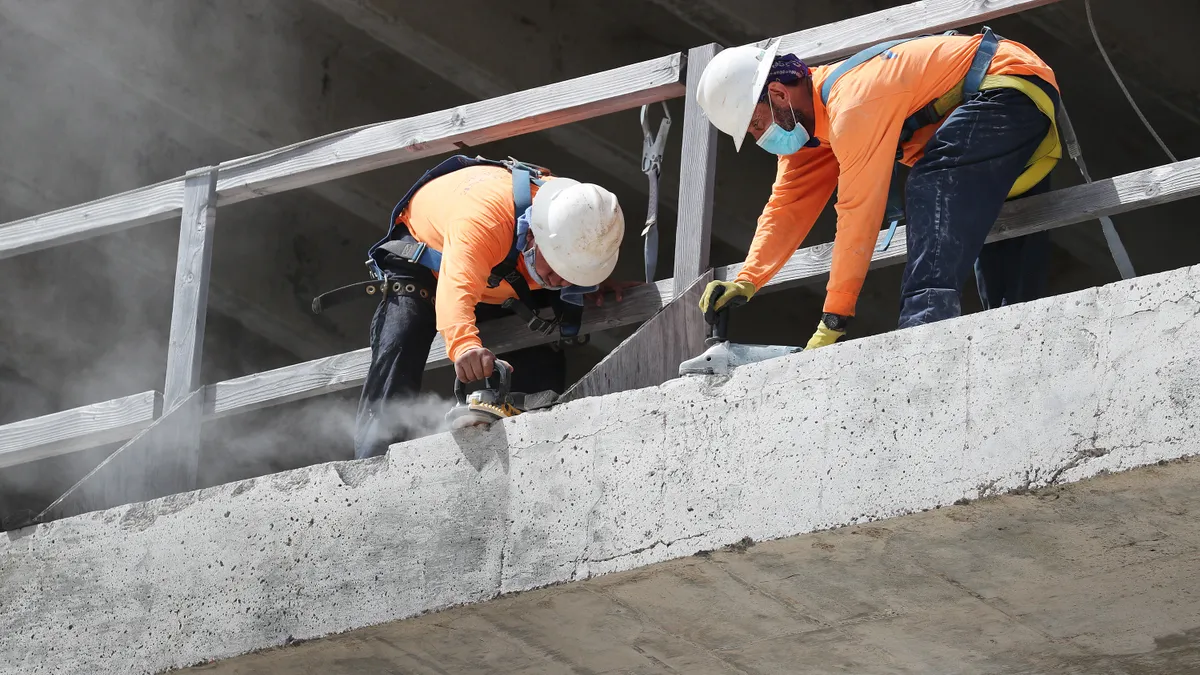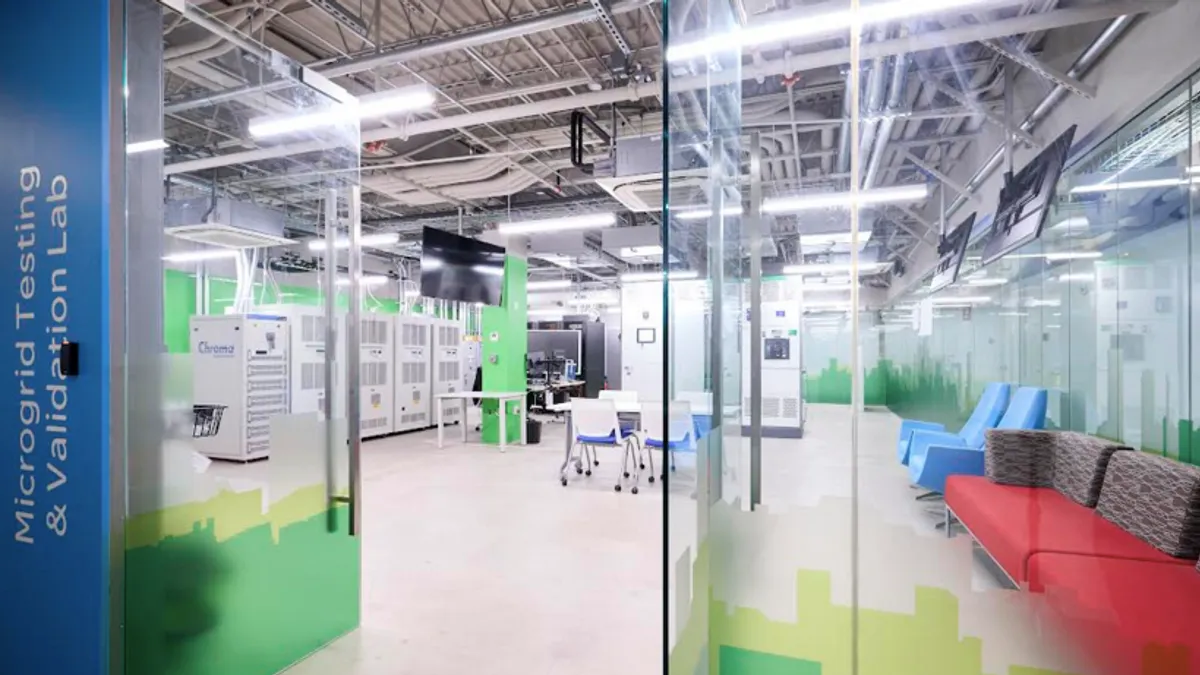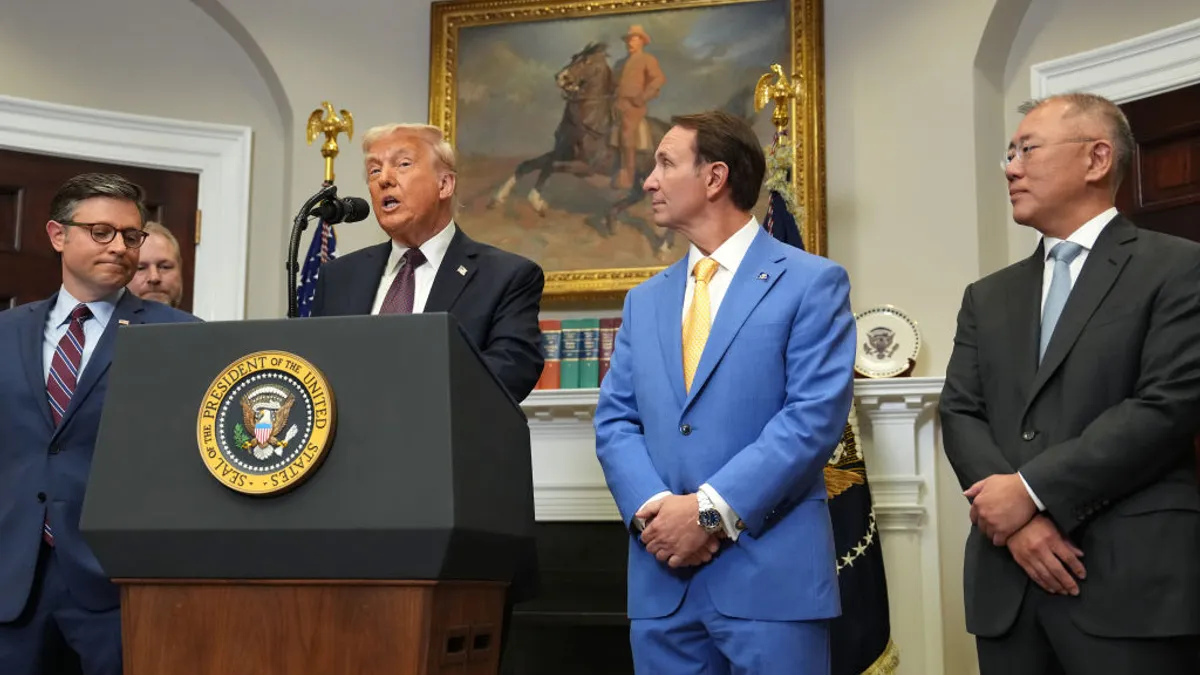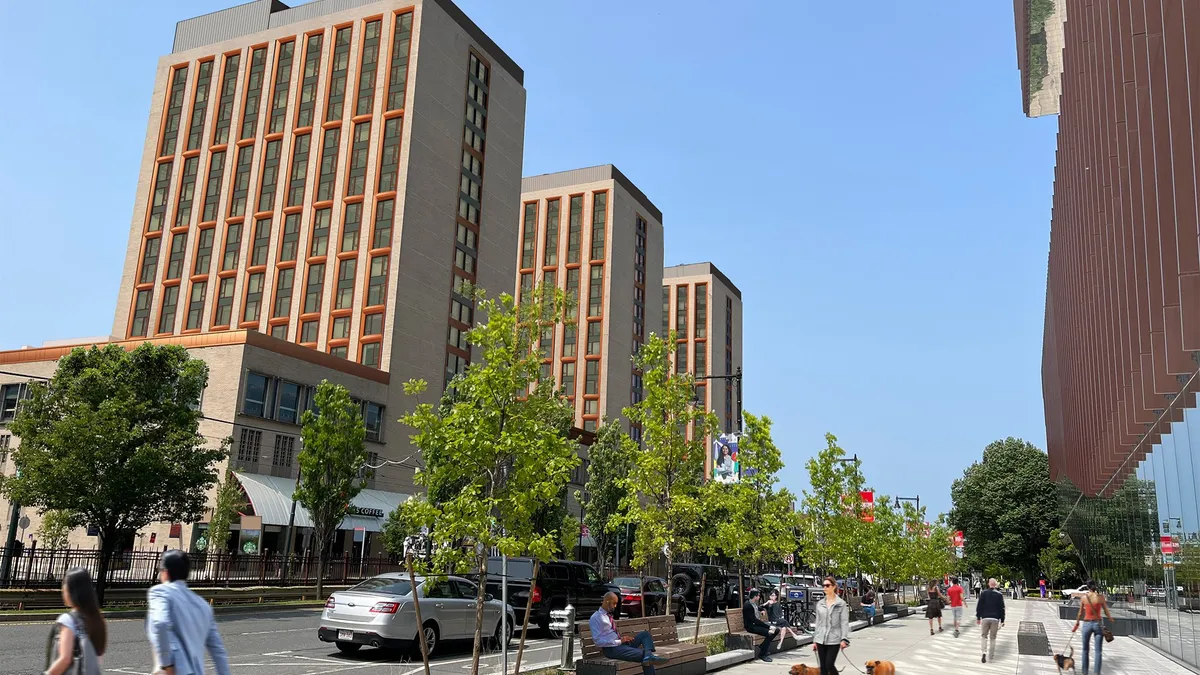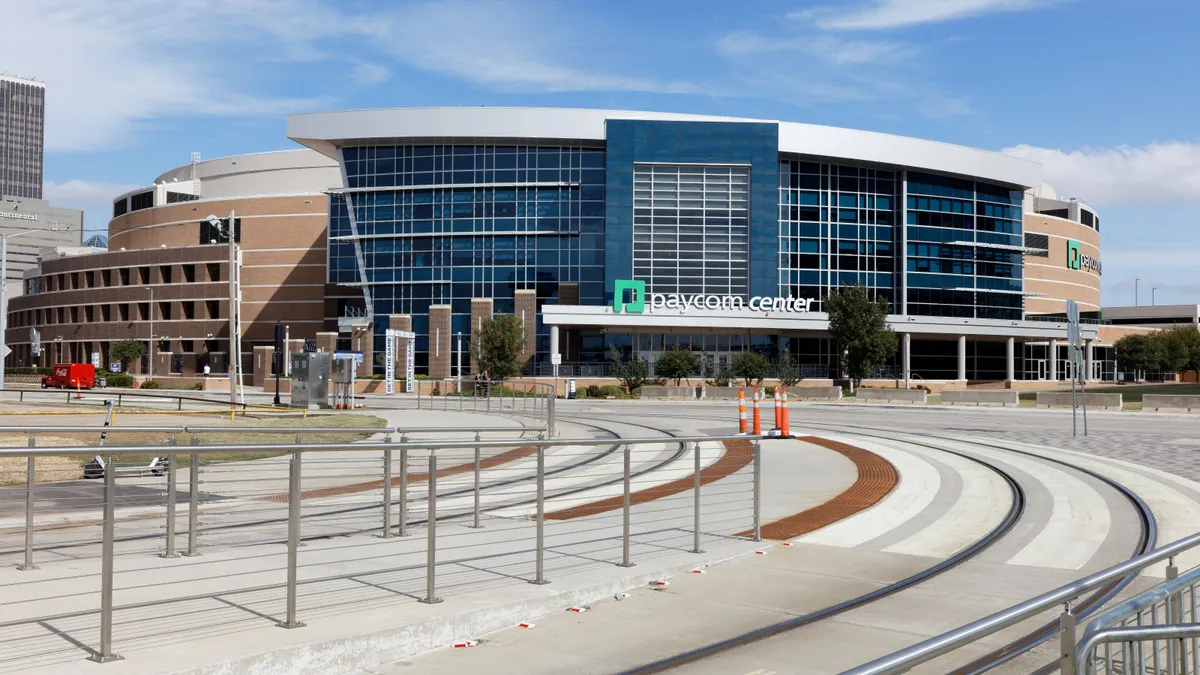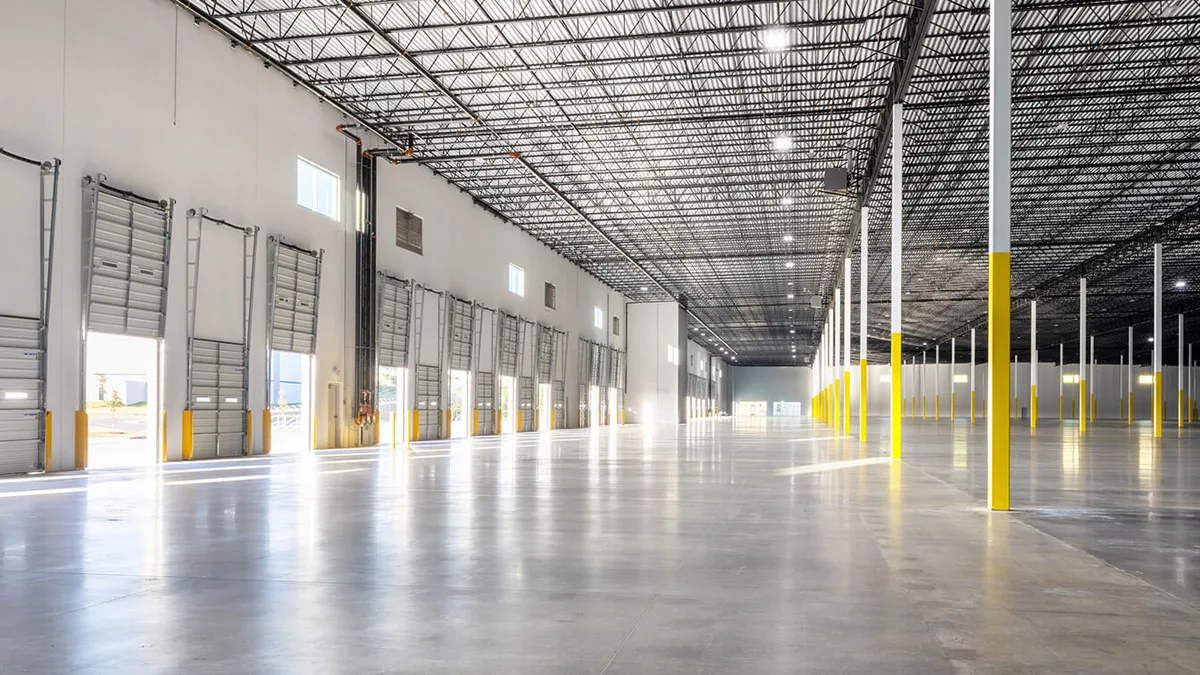Contractors frustrated by the long wait for Paycheck Protection Program (PPP) forgiveness guidance may soon get their questions answered.
The Treasury Department expects to begin approving and paying out the forgiveness requests of PPP applicants as soon as this week, the agency said, according to The Wall Street Journal.
The Small Business Administration (SBA) has received more than 96,000 PPP loan forgiveness applications since its online portal opened Aug. 10, but has approved none, William Manger, the agency's chief of staff, told House lawmakers last week, the Journal reported.
"We've submitted a number of applications," John Buhrmaster, president and CEO of Scotia, N.Y.-based 1st National Bank of Scotia, told American Banker. "We're four to six weeks into this, and we have not heard one word back."
Some banks processing the forgiveness application find it time-consuming. A Government Accounting Office report released last week found that a lack of clarity around forgiveness had resulted in “lender fatigue with the program.”
"It is actually more complicated than any of us even thought," Jack Murphy, president of business banking at Citizens Financial Group, said Tuesday at a Consumer Bankers Association conference, according to the Journal. "It's taking us two weeks to process an application. Four to six contacts between small-business owners ... and the folks that are trying to process the forgiveness applications."
Congressional action needed
Other banks, including many of the nation's largest, have indicated they are waiting to see if new guidance or legislation will streamline the forgiveness process. They also want to see if Congress will pass legislation providing automatic forgiveness for loans of $150,000 or less.
The latest PPP plan, couched in a stimulus bill introduced by House Democrats, falls short of that, automatically forgiving loans of $50,000 or less and offering a simplified forgiveness application for loans between $50,000 and $150,000.
"If this is an opening salvo, it's a good first step," James Ballentine, the ABA's executive vice president of congressional relations, told American Banker. "Our goal is for them to get something done before they leave town."
Loan recipients are also looking to Congress to reverse an IRS ruling that has serious tax implications for borrowers. In a notice this spring, the IRS said it had ruled out tax deductions for wages and rent paid with forgivable PPP loans in order to prevent a “double tax benefit.”
The ruling means that contractors cannot write off these types of expenses if they were paid for with PPP loan funds, leaving many wondering whether it will cost more in taxes than to pay the loan back.
According to the U.S. Chamber of Commerce, a forgiven PPP loan is tax-exempt but using the loan can also reduce how much a construction firm can write off on its business taxes. Usually, expenses like payroll, rent and utilities are deductible from normal taxable income, but without the deduction, a business may owe more taxes than it normally pays, the Chamber said.
Many contractors are considering not applying for PPP forgiveness in order to avoid a hefty tax bill, according to Joseph Natarelli, leader of the national Construction Industry Practice group at accounting firm Marcum LLP.
“They’re saying, ‘If I knew then what I know now, then I wouldn't have taken the loan and I would have had to lay people off,’” he said.
The bottom line for contractors, Natarelli said, is to check with their accountants about tax implications before applying for loan forgiveness.
Contractors benefit
The construction industry received the third most loans of any U.S. sector, according to SBA data, after health care and professional, scientific and technical services businesses. Nearly 497,000 construction-related firms received a total of $65 billion, representing 12% of the total payout from the program. The overall loan size for all industries was $101,000.
The top five lenders for the program were:
- JP Morgan Chase
- Bank of America
- PNC
- Truist
- Wells Fargo
About 84% of borrowers surveyed last month by the National Federation of Independent Business said they have used all of the PPP funds they were given. About 44% said they would apply for a second PPP loan if one were allowed.
While lawmakers have sporadically proposed several initiatives to restart the program — including some that would allow some businesses to get a second loan — none has taken hold. The program closed to new applications Aug. 8, leaving $130 billion unallocated.
Portions of this story first appeared in our sister publication Banking Dive.


